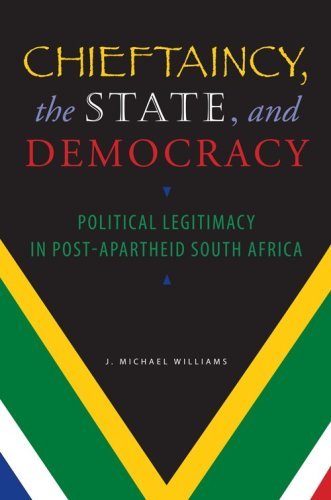With all eyes focused on Sunday’s elections in Senegal there was much build up this week on the continent and also in foreign news sources about the causes of the impasse currently facing Senegalese politicians. Also, this week in Africa there was still much coverage of the Africa Cup of Nations with analysis from the fall out from Zambia’s win at the Africa Cup of Nations. Additionally, how South Africa may no longer be the ‘Gateway to Africa’, the poor performance of South African teams on the continent, and the EASSy submarine cable takes a nick, but keeps on ticking. These stories and more are in this week’s African Week in Review below:
Category Archives: Elections
Social Media, ICT, and 2011 Elections in Africa
I’ve been brainstorming lately of a project for my thesis that would combine my interests in technology and politics on the African continent. With last semesters’ research into deregulation of African ICT, I want to focus on something more current. With the current events in North Africa being partially attributed to Twitter, Facebook, and the like, I want to see if Social Media and the ICT that powers it can have any discernible effects on other parts of the continent, specifically Sub-Saharan Africa, where there has been no spillover of the democratic movements. Thus with 17 presidential elections happening on the continent south of the Sahara this year in Benin, Cameroon, Cape Verde, Central African Republic, Chad, DRC, Djibouti, The Gambia, Liberia, Madagascar, Niger, Nigeria, São Tomé and Príncipe, Seychelles, Uganda, Zambia, and Zimbabwe there would seem to be a large sample size to gather data about ICT and Social Media’s impact on elections. But how to measure this impact? What indicators would I need for ICT and elections? Are these countries a large enough sample size, or should it be expanded to countries where ICT data is more readily available but are having only Parliamentary or Local elections? Or perhaps this should cover 2011 and 2012? With the massive growth of mobile phones on the continent, and more landings of fibre-optic broadband cables, using this connectivity for good governance could be a critical feature of studies on the continent in the coming years. Continue reading
Review of Chieftaincy, the State, and Democracy: Political Legitimacy in Post-Apartheid South Africa
 Click Here for: Outline for Book Critique
Click Here for: Outline for Book Critique
In J. Michael Williams’ Chieftaincy, the State, and Democracy: Political Legitimacy in Post-Apartheid South Africa, the relationship between the new South Africa’s sources of mixed authority is examined through field research conducted in rural areas in KwaZulu-Natal around the turn of the Millennium. Williams tells of an ongoing struggle in South Africa about political legitimacy between the state and chieftaincy regarding which institution has the right to exert authority in rural areas.
Williams focuses on how the chieftaincy seeks to establish and maintain its political legitimacy with the local population as well as the state in the post-apartheid era. Through comparative case studies he analyzes specifically on how chieftaincy and local populations have negotiated the introduction of specific norms, rules, processes, and institutions that are fundamental to the ANC’s policies of transformation and democratization.Through a framework that Williams calls the multiple legitimacy framework, he seeks to show how the chieftaincy has sought to establish and maintain its authority in the midst of these political changes. With chieftaincy still a central figure in the lives of rural communities in South Africa, the examination of the complexity of the chieftaincy-state and chieftaincy-society relationship that have formed and continue to evolve in the post-apartheid world.
Williams says his analysis is necessary because current assumptions about legitimacy conclude that power will eventually reside in the government as democracy and local government become more ingrained in society. He uses his framework in understanding the results from three case studies in the South African province of KwaZulu-Natal and supplements the data with national economic and survey data from other authors in the field. While stopping short of drawing empirical generalizations, he seeks to use his analysis to tell the story of real South Africans who deal with the struggles of the post-apartheid political structure in their daily lives.
Nando’s television advert Star, Julius, retires
Well it would seem that one of the most popular South African puppets has decided to call it a day, and was auctioned off by his employers to the higest bidder. Nando’s owner had thought of offering it to Helen Zille, who had recently been dubbed a “little racist girl” by a prominent ANCYL member.
If only the US could have produced something as racy and politically satirical during our election. Instead we got placid attempts to just twist words and policy like this. I guess we’ll just have to be our satisfied with the beating that Apple lays on Windows as our form of advertising entertainment.
See the famous Advert:

